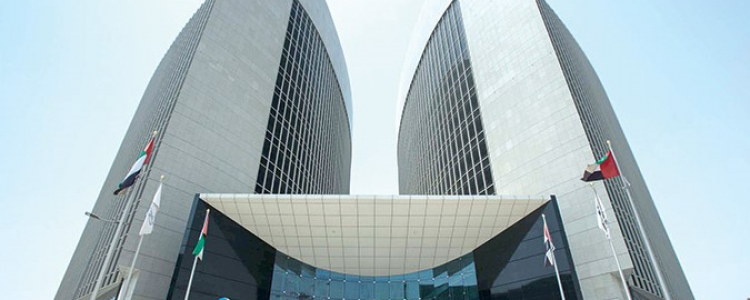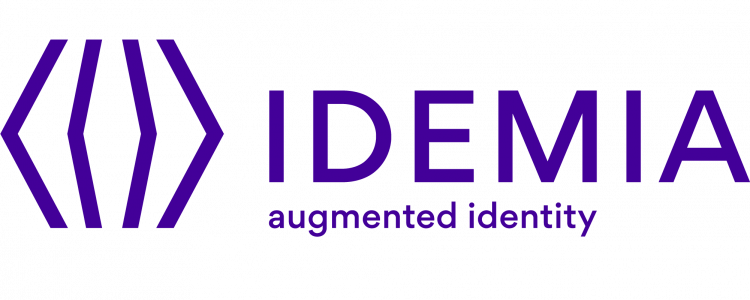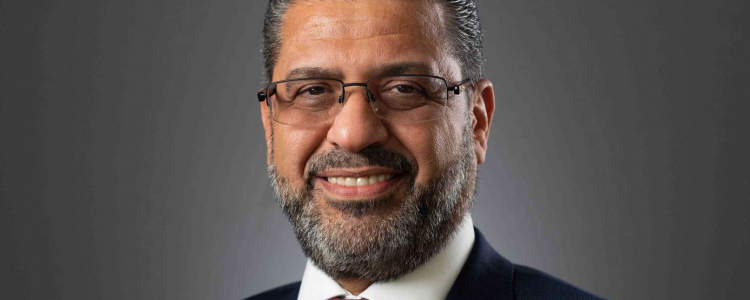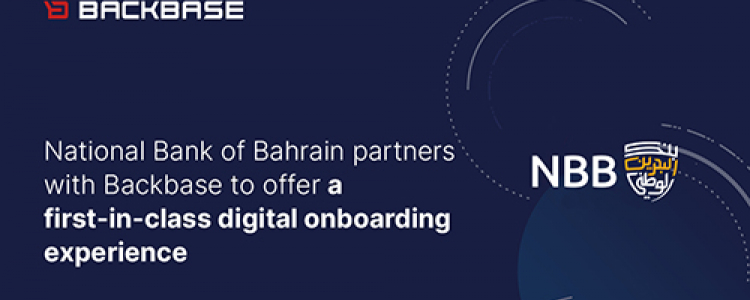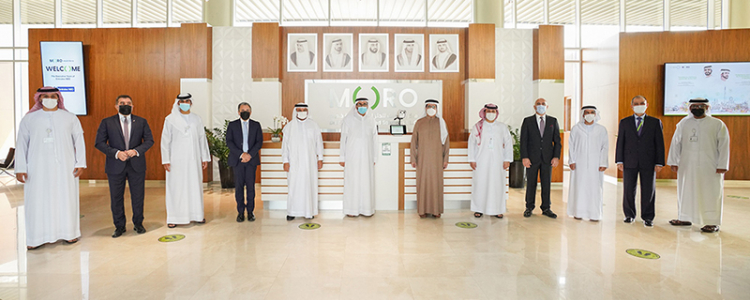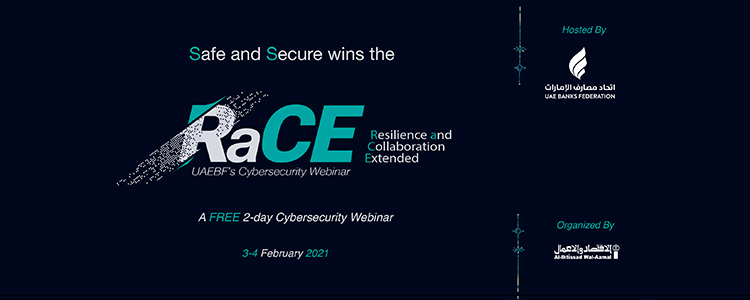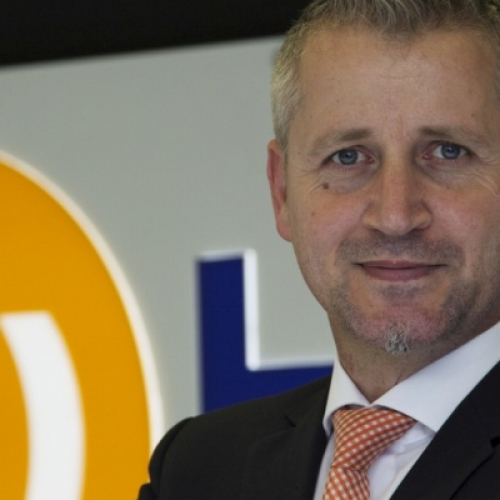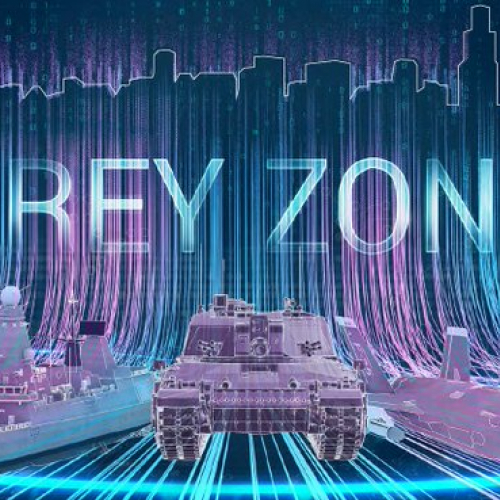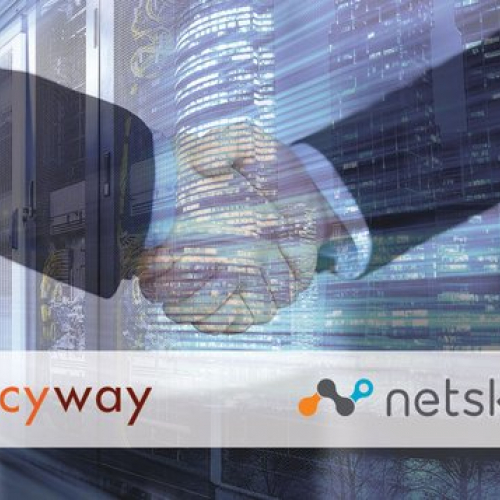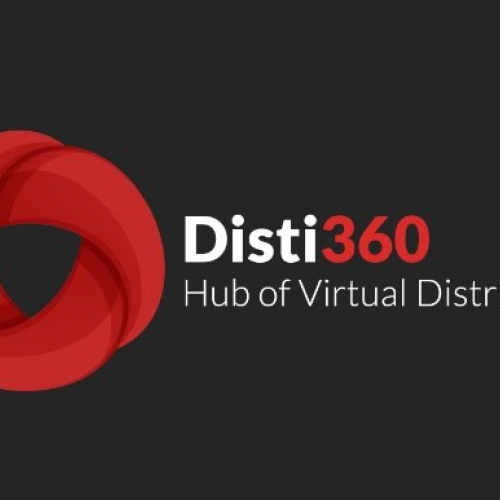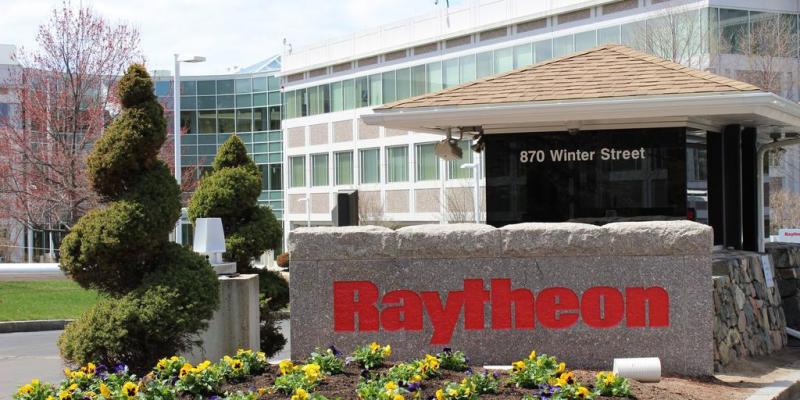
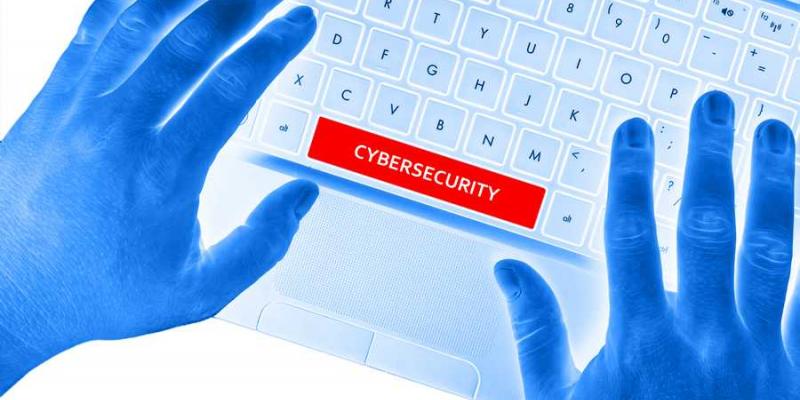
Youth and Cybersecurity: tomorrow’s workforce - An interview with Raytheon's Director of International Cyber Business Tom Goodman
With the rapid change in technology, increasing interconnectedness, and the proliferation of threats on businesses as well as individuals, arises a new tech tension: the need for qualified professionals. Thriving in today's fast changing world requires breadth of skills that universities and industry leaders are struggling to provide. The needs of the future IT workforce is changing rapidly and businesses are struggling with an ongoing lack of skilled professionals, aware of cyber threats, to fill the unoccupied seats not just in IT departments but also operations departments.
With this challenge, rises a light in the horizon. Today’s youth are aware of the importance of a career in cybersecurity and an increasing number is considering a job in cybersecurity. In UAE, a recent survey commissioned by Raytheon, Forcepoint and the U.S. National Cyber Security Alliance (NCSA) revealed that 67% of UAE youth are eager to pursue careers in cybersecurity compared with 48 percent regionally and 39 percent globally.
HIMAYA team met Tom Goodman, the Director of International Cyber Business at Raytheon and had this discussion.
Your recent survey revealed that Emirati youth lead global peers in awareness and action to address cybersecurity issues. The new “Securing Our Future: Cybersecurity and the Millennial Workforce” discovered that young adults in the UAE are considerably more likely to choose a career in cybersecurity than their peers elsewhere in the world and that the UAE has been successful in engaging most youth to try activities that would let them test their interest and aptitude for cybersecurity careers. How would you analyse these results especially in the UAE?
The survey findings are not only a reflection of an increased awareness from youth but it’s also a reflection of a number of other elements. Particularly here in the region and within the UAE, cybersecurity is seen as a promising career path with lots of opportunities across different market sectors. It also reflects the fact that youth look to their parents for guidance especially in the UAE with the strong connections within the family and tend to take the advice of their parents or senior professors for the choice of career path to follow. Young Emiratis consider parents increasingly influential figures for career advice and are confident that their parents would know how to guide them to pursue a career in cybersecurity and educate them on staying safe online. That’s the mainl reason behind that big interest.

How is Raytheon fostering that interest and nurturing it?
Raytheon has a lot of programs for fostering and promoting Cybersecurity Education, not only in raising awareness about the topic but also understanding the broad impact of cybersecurity on the everyday life of citizens, whether it’s in banking, transportation, or infrastructure... We invest a lot to raise awareness on the impact of cybersecurity and data on our society and promoting education amongst the youth: we sponsor different kinds of competitions from secondary schools levels through universities, we also work a lot with industries, we participate in conferences, and we have memberships in different professional organizations. We also work very closely with local universities and industry associations throughout the world, because we recognize the value of partnerships and do our best to make sure we are showcasing not only the challenges but also the opportunities, in order to be able to help address some of the problems and help deliver a safer and more secure society.
How is talent gap one of the tech tensions and how is Raytheon working to overcome it?
The talent gap is a reflection that technologies have evolved in a blindingly fast pace. There is so much demand in the cybersecurity job market but not enough talent available to meet that demand. It’s not because of lack of interest but universities cannot prepare students as fast as the technology is evolving. Universities are investing very heavily in the development of curriculum, both on the under graduate and graduate levels, they look to partners very closely in the industry because they recognize that industries bring practical experience,and the benefit industry organizations like Raytheon is tremendous: we have the opportunity to shape that talent and offer prospects for students when they start searching for work.
So it’s somehow a way to secure your future, and your resources in talent?
We see it as a way to help promote the idea of cybersecurity education and the fact that it’s a very lucrative career field. And there’s also the additional benefit of having the ability to foresee the new talent coming into the market. When working with our customers, we encounter incredibly difficult problems and we feel that these cases are a great opportunity for students, as they enter the work force and are looking for challenges. This is a great place to be able to seek the challenge they’re looking for.
How does UAE youth compare to other regions of the world?
Throughout the region not only in the UAE or the GCC countries, there is a lot of interest in cybersecurity education. We work closely with our industry partners and customers throughout the region and we see that there is a lot of promotion of the idea that cybersecurity presents opportunities for youth everywhere. In every country we go into, there is a lot of interest in investing in youth and the localization of expertise.
How do you support these young professionals to follow the rapid pace of threats?
What we have found is a recipe of success, if I can use that term. There’s a lot of information about theories in cybersecurity, we try to couple that with hands-on experience in labs, where student have a chance to compete against each other and get their hands on real problems, try different scenarios to solve them. The unfortunate aspect of cybersecurity provides an opportunity for students to always have a new source to learn from. They are so hungry for knowledge and challenge, and with cybersecurity, there’s a lifelong opportunity to always learn something new.
How does the Start-up ecosystem add to this recipe?
The cybersecurity startup ecosystem tackles cutting edge problems, it tends to provide an opportunity for youth to join, start early and have a significant voice within a company. Young professionals are able to come in and directly have a big impact and make a big difference within a startup. Raytheon works with a wide spectrum of partners, start-ups, incubators where we find a lot of innovation. We always look forward to partnering with a lot of these start-ups and ventures and we absolutely support them and bring them into our larger customer opportunities. When working with a case, we often bring in multiple start-ups because the challenges are so complex we need multiple organizations to bring high-end and complicated problem solving capabilities to be able to help the customer.
How do you see the future of cybersecurity with the rise of new technologies: IoT, robotics, IA, mobility, blockchain…
They all present opportunities, they all support a digital ecosystem. With these new capabilities, the types of computing we had 10 years ago will become obsolete. Blockchain in particular represents an extraordinary prospect in the security space, one of its new horizons is a blokchchain enabled social media environment and that could easily change the social media spectrum to a way-more advanced level. They not only enhance cybersecurity capabilities and technologies but they also promote new kinds of technologies that enable everyday citizens to get more out of their daily tasks in business or entertainment.


